How to Block Neighbors' Security Camera: Best Methods
In the early days of surveillance, closed circuit television (CCTV) cameras were primarily used by law enforcement agencies, government entities, and big businesses for security purposes. These first generation security cameras were bulky, expensive, and required experts for installation and monitoring.

With the entry of smart security cameras, ordinary homeowners are given the chance to secure their properties without the high price tag and a dedicated monitoring system. Today, you can easily watch over your house wherever in the world you are via your smartphone. However, this instant access to surveillance cameras can result in legal concerns, as their installation is hardly regulated, if at all, by local agencies.
While these devices are intended to enhance security, they can sometimes compromise the personal privacy of others when poorly positioned. If you think your neighbor's security camera is violating your privacy by capturing footage of your property, you might be wondering how you can address the situation.
The Thing About Privacy
Privacy is a fundamental right that underpins our freedom and personal autonomy. The ability to control what others can see and know about us is essential for maintaining our dignity and independence. However, when a neighbor's security camera intrudes upon your property, it can lead to feelings of discomfort and invasion. Such cameras can potentially record intimate and private moments, leading to significant concerns about misuse, accidental leaks, or intentional voyeurism. It is very important to address these concerns to make sure that your privacy is not compromised.
Is Blocking Your Neighbor's Camera Legal?

Before taking any steps to block your neighbor's security cameras, it's essential to understand the legal implications. Laws regarding privacy and property rights vary by jurisdiction, but generally:
- Blocking Cameras: While you have the right to privacy on your property, blocking a security camera must be done without damaging it or infringing on your neighbor's property rights.
- Property Damage: Actions such as cutting wires, spray painting lenses, or physically damaging cameras are illegal and can lead to criminal charges.
- Privacy Laws: In some areas, pointing a camera into private spaces like bedrooms or bathrooms is illegal. Understanding local laws can help you take appropriate legal action if your privacy is being violated.
Consulting with a legal professional can provide clarity and ensure that any measures taken are within legal boundaries.
What to Do Before You Block Neighbor's Security Camera
Before you attempt to block security cameras, it is important to do a few preliminary steps. These actions can help you address the issue more effectively and possibly avoid conflict altogether.
Check for Fake Security Cameras

Studies show that a visible security camera is an effective way to deter intruders. Some homeowners choose to install fake security cameras to cut costs associated with real cameras. It's crucial to determine if the CCTV security camera in question is genuine before taking further steps. Here are some tips to identify fake security cameras:
- Look for a lack of wiring: Fake cameras often do not have the wires necessary for power and data transmission.
- Check for infrared LEDs: Real cameras usually have infrared LEDs that glow faintly in low light conditions.
- Observe for movement: Many real security cameras have motion capabilities, while fake ones remain static.
- Search for brand markings: Legitimate cameras often have brand names and model numbers that can be verified online.
Confirm Blind Spots
CCTV security cameras have specific fields of view and often have blind spots where they cannot capture footage. Identifying these areas can help you understand where you have privacy and where you might need to take action. Here's how to locate blind spots:
- Monitor the camera's range: Observe the direction and range of the camera's lens.
- Note fixed positions: Cameras that do not pan, tilt, or zoom (PTZ) have static fields of view with inherent blind spots.
- Test visibility: Walk around your property and note where the camera can and cannot see.
Talk to Your Neighbor
Open communication can often resolve privacy concerns without the need for further action. Here are some tips for approaching your neighbor:
- Be respectful and polite: Express your concerns to the offensive security camera owners without accusing or blaming.
- Explain your discomfort: Clearly articulate why the camera's placement is problematic for you.
- Suggest alternatives: Propose repositioning the camera or using privacy screens to resolve the issue.
Seek Help From Your Community
If direct communication fails, consider seeking assistance from community resources:
- Neighborhood associations: These groups can mediate disputes and provide guidance.
- Mediation services: Professional mediators can facilitate a productive conversation between you and your neighbor.
How to Block Neighbors' Security Camera: 6 Ways
If preliminary steps do not resolve your privacy concerns, consider these six methods to block a neighbor's security camera:
Use Plants, Fences, or Curtains

Natural barriers such as plants and fences can provide an effective shield against intrusive cameras.
Using Plants and Fences:
- Plants: Grow tall shrubs or trees along the property line to obstruct the camera's view.
- Fences: Install a privacy fence high enough to block the camera's angle.
- Curtains: Use window curtains or blinds to block the camera from seeing inside your home.
Use Lighting
Strategic use of lighting can obscure a camera's view and create shadows that make it difficult to capture clear footage.
Recommendations for Outdoor Lighting:
- Floodlights: Install floodlights directed towards the camera to create glare.
- Motion-Activated Lights: These can disrupt security cameras' ability to record continuously.
Install Reflective Window Film

Reflective films can prevent cameras from capturing clear images through your windows. Reflective films effectively blind security cameras by making it difficult to penetrate windows. These films are simple to install and can be purchased at most home improvement stores.
Install Moving Objects
Moving objects can disrupt camera footage by constantly triggering motion detection and obstructing views. You can hang wind chimes or decorative mobiles that move with the wind or install flags or banners that create constant motion.
Install Your Own Security Cameras
Installing smart security cameras on your own property is an effective way to address concerns about privacy and security. By installing your own security camera, you can monitor your property and ensure that any intrusive activities by your neighbors or others are documented. This approach not only enhances your home security but also provides tangible evidence should any disputes or issues arise.
The presence of visible security cameras acts as a deterrent to malicious activities. Neighbors and potential intruders are less likely to engage in behavior that could be captured on camera. By strategically placing your own cameras, you can ensure that your privacy is protected without relying solely on your neighbor's sense of discretion.
Seek Legal Advice
Understanding and adhering to local laws and regulations is crucial when dealing with issues related to privacy and security cameras. Taking matters into your own hands without proper knowledge can lead to unintended legal consequences. Therefore, consulting a legal professional before taking any action is essential.
Local laws vary significantly regarding privacy, surveillance, and property rights. What might be permissible in one jurisdiction could be illegal in another. Understanding these laws helps you avoid actions that could result in fines, lawsuits, or criminal charges.
Just as you have a right to privacy, your neighbor has a right to protect their property. Seeking advice from a legal professional can help you navigate the fine line between protecting your privacy and respecting your neighbor's rights.
What Not to Do
When dealing with privacy concerns related to your neighbor's security cameras, certain actions can lead to severe legal and ethical consequences. Here’s why you should avoid the following methods:
Damage Your Neighbor's Security Camera
Damaging your neighbors security cameras falls under vandalism and destruction of property. This action can lead to criminal charges, fines, and possibly jail time. You may also face a civil lawsuit where your neighbor seeks compensation for the damaged property.
Additionally, intentionally damaging property is also unethical. It can worsen conflicts, lead to distrust, and damage community relations. Taking this path shows a lack of respect for others' property and rights.
Cut the Wires
Tampering with the wiring of security cameras legally installed is considered a form of vandalism and theft of service, which is illegal. This act can result in criminal charges similar to those for damaging the camera itself.
Cutting wires without proper knowledge or equipment can cause electrical shock or start a fire in the neighborhood. Additionally, if your tampering is discovered, it can lead to strained relations and possible legal action from your neighbor.
Cover the Camera Lens
Physically obstructing the camera lens can be seen as a deliberate act of interference with your neighbor's property. Your neighbor could accuse you of trespassing if you illegally access their property to cover the lens.
If you intentionally block CCTV security cameras, it can be considered harassment and invasion of property rights, which can lead to legal trouble.
Use Spray Paint
Spray painting a security camera is outright vandalism. This is a criminal act that can lead to arrest, fines, and a permanent mark on your criminal record. The act of spray painting can also damage the camera permanently, which might lead to higher penalties.
Use Jammers

Using signal jammers is illegal in most jurisdictions. These devices can interfere with various types of communications, not just security cameras, which is a federal offense in many countries, including the United States.
Jammers can disrupt critical services, including emergency communications, which can endanger lives. Using such devices can lead to severe penalties, including hefty fines and imprisonment.
Hack the Camera
Hacking into someone else's security system is a serious cybercrime. It is considered illegal under various national and international laws. This action can result in criminal charges, including fines and imprisonment, and can also lead to civil lawsuits.
FAQ
How can I see my neighbors security camera?
You cannot legally access your neighbor's security camera footage without their permission. Doing so without consent is an invasion of privacy and could result in legal consequences.
Do magnets affect security cameras?
No, magnets do not generally affect security cameras. Modern security cameras are designed to withstand minor magnetic fields and continue functioning normally.
Do LED lights affect security cameras?
Yes, extremely bright LED lights can cause glare and obscure the view of security cameras, but using them deliberately to block a camera can be considered tampering and may have legal implications.


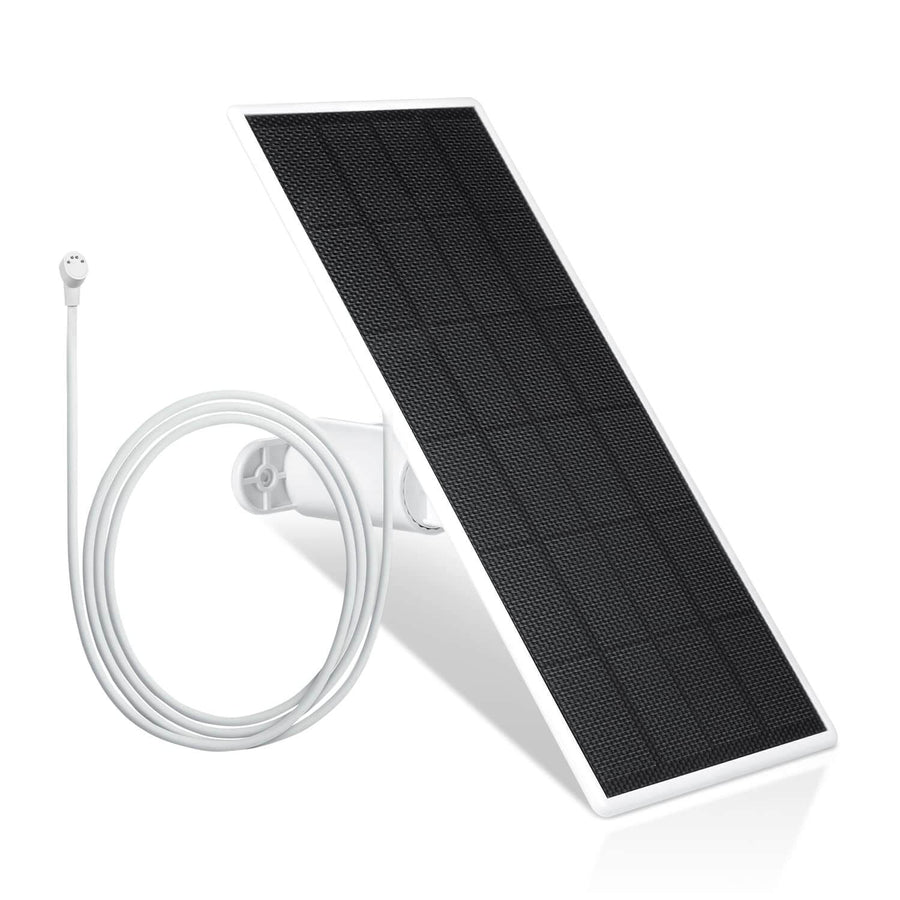
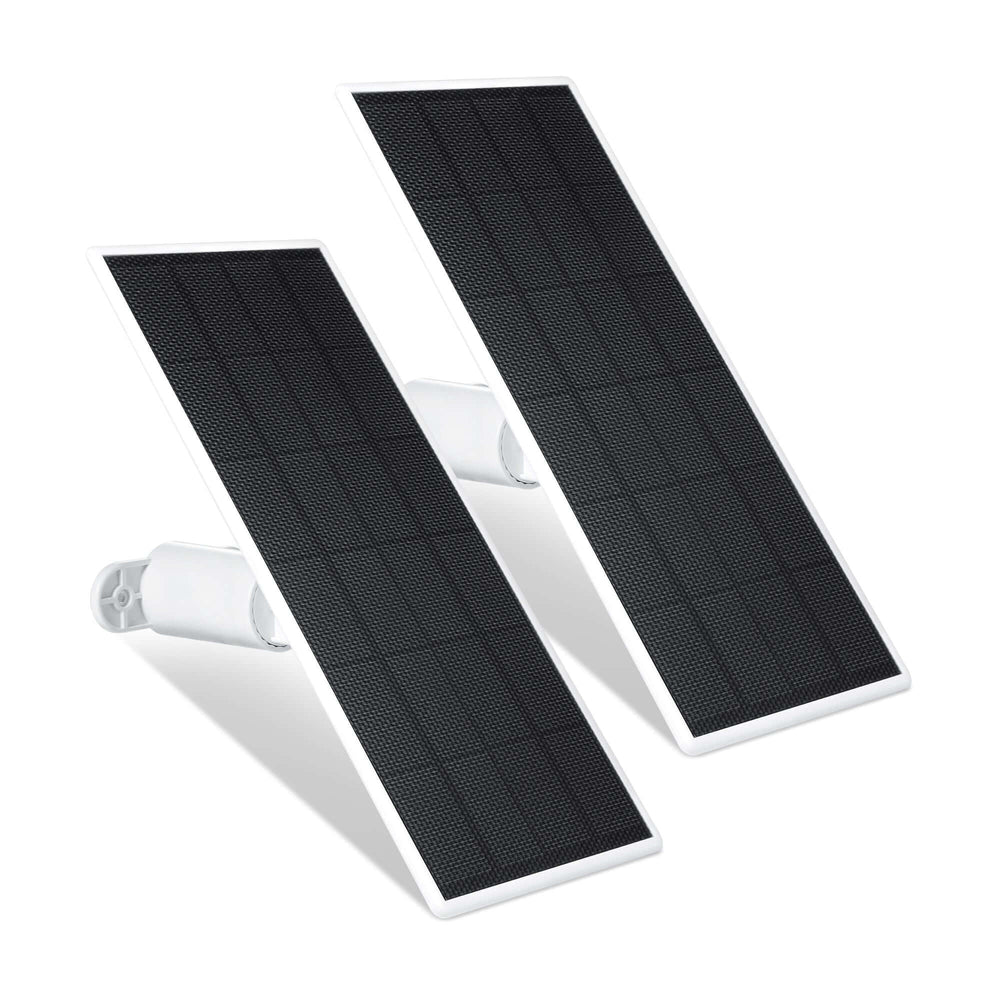
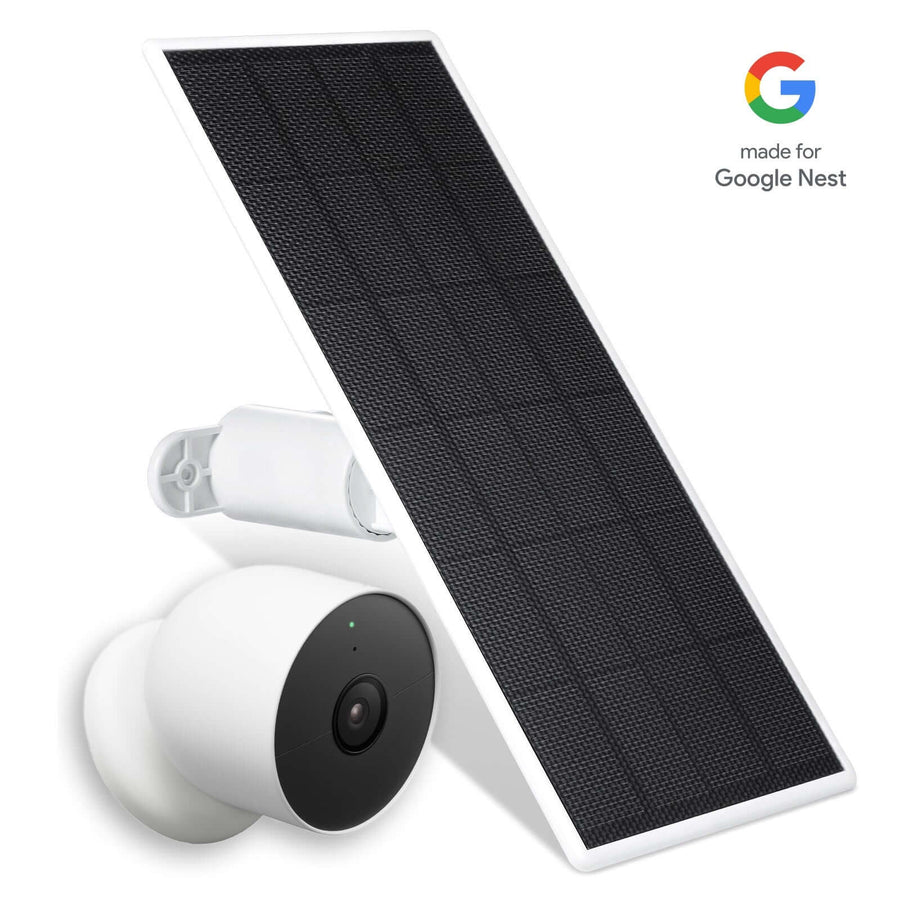
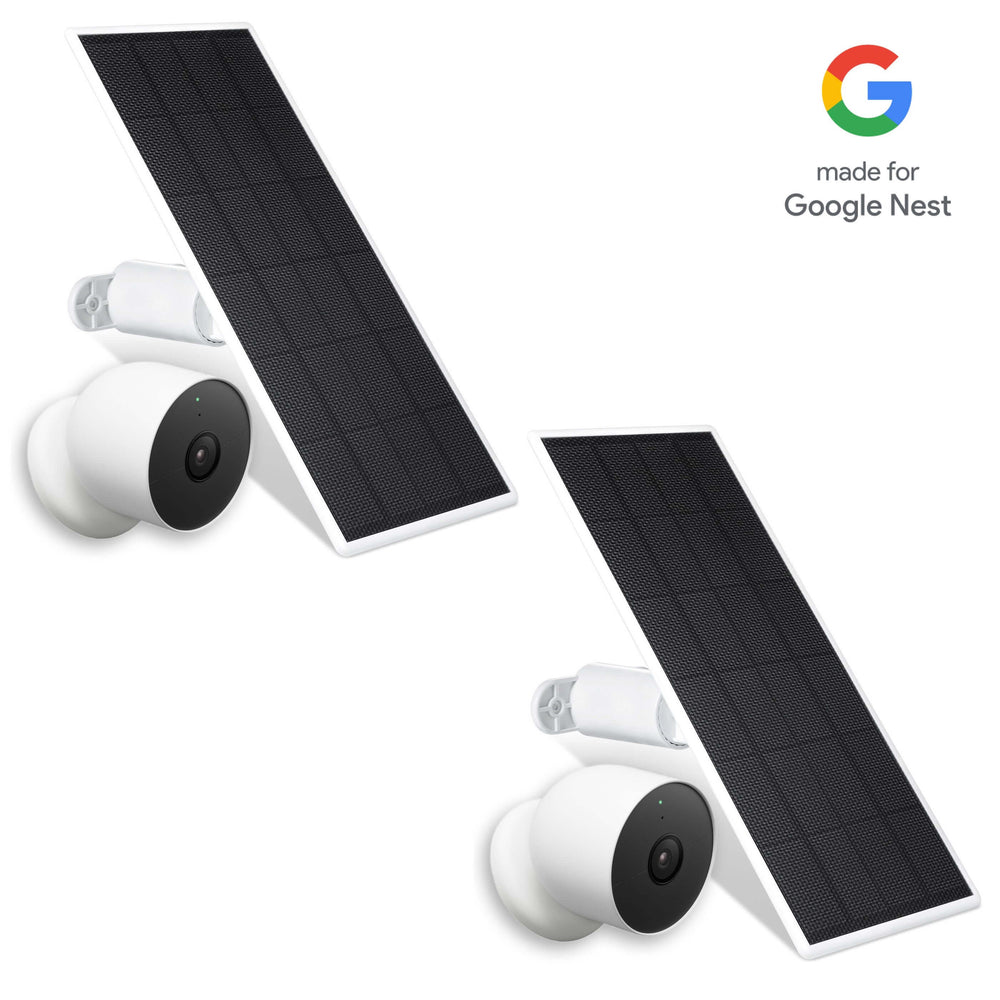
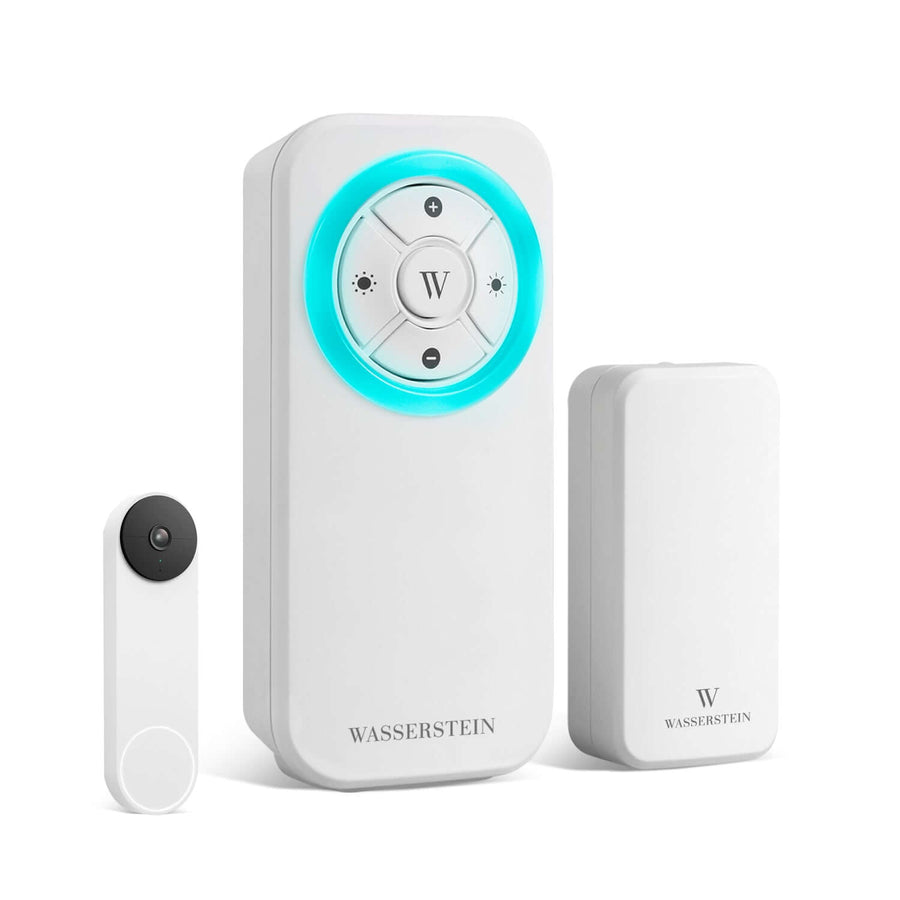

Leave a comment